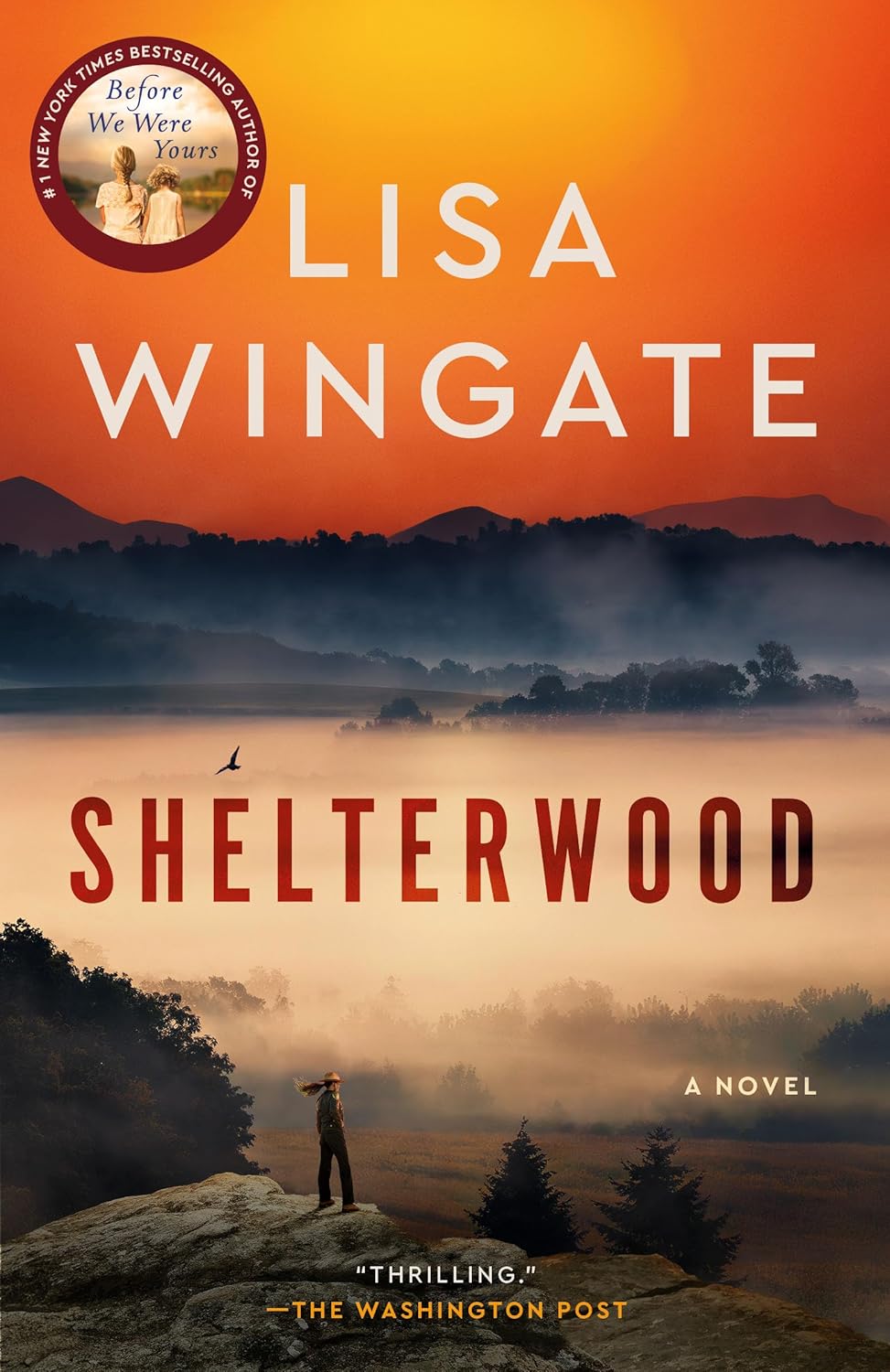As Debra Linn notes in today's post, several authors have contributed pieces to the ReadingGroupGuides.com blog talking about how meeting with book clubs has offered them insight into their own prose. This exchange of ideas, she explains, is a two-way street --- an author visit can be just as beneficial for book clubbers as it is for the scribe who wrote the book being discussed.
At Books & Books, we often invite authors to join our ready-made book club luncheons and evenings. We do this knowing how much our book clubbers get from discussing these books with their authors. We never imagined how much the authors would get from it.
People join book clubs to create the common experience of reading, to take a by-definition solitary pursuit and make it social, to see if the universal themes are indeed universal.
And the author gets to do the same thing.
And more.
It's writers' therapy or maybe the modern-day version of running the gauntlet. Armed with nothing but a 300-page book and an MFA degree, the author must traverse quizzing and questioning and soon-to-wilt salads from 12 women --- and the clock is ticking.
But entry after entry in the Reading Group Guides blog gushes about the insightful and inspiring sessions authors have had with book clubs. From Debra Dean to Garth Stein, from Kristy Kiernan to Lisa See, each writer discusses how his writing has improved, how his own understanding of his writing has improved from these meetings.
Readers can usually tell when a writer has shortchanged a character, when he has trapped himself into a literary corner, when he has taken the easy way out. And in the direct glare of empty wine glasses and eager readers, there is nowhere the author can hide. It takes a brave author to meet his readers in person. And it takes a brave reader.
Seeing the author face to face --- or phone to phone, or Webcam to Webcam --- forces book clubbers to think critically about the book. Not just criticism but critique. Why did I enjoy this passage? How did I get to know these characters? Was it all through dialogue? Was there a turn of phrase that stuck in my head? Did a character's decision ring true to the personality the author developed? Was the book too long? Too short?
And when the author is in the house, fellow book clubbers never let you get away with just saying, "I didn't like this book."
Maybe this is the 21st century version of hands-on editing in a publishing world with diminishing resources. And it skips a few marketing steps, too, because there's no guessing what readers will like. They're telling authors right to their faces.
As a long ago literary criticism class taught me, literature has a life of its own once it has been written. But it doesn't just have a life of its own. It has everyone's life. Each and every reader.
In the backroom of our Books & Books Bal Harbour Shops, we have a tattered photocopy of a cartoon that captures this perfectly. The drawing appears to be of a typical book-signing line at an author event --- people lined up, clutching books, and one person sitting behind a table. But the sign next to the table says, "Meet the Reader," and the first person is line says, "I love the way you read my first book." It's role reversal, but it puts the emphasis right where so many writers have it.
So, help an author today: Invite one to your book club. You can reach most of them through their own websites. If the meeting is in-person remember that if you feed them, they will come. If the meeting is by phone, the conversation may provide all the nourishment they need.
---Debra Linn
Blog
September 2, 2008
Invite an Author, Reap the Rewards
Comments







